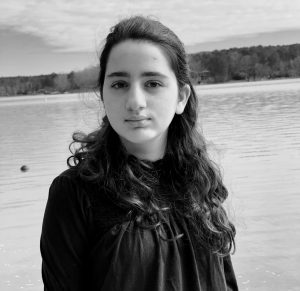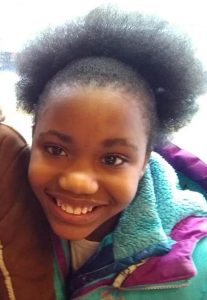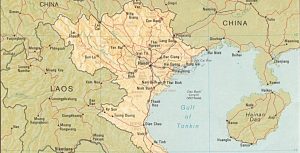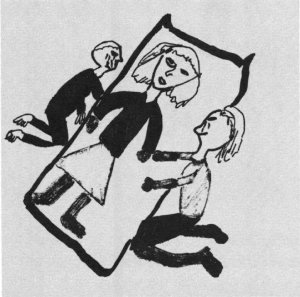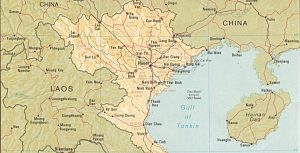The Sky’s the Limit, a personal narrative by Jaslyn Kwan, 12
The Sky's the Limit Jaslyn Kwan, 12 Goodbye San Francisco, hello Tampa! Ever since COVID-19 started, I had been stuck...
Read More →
Read More →


